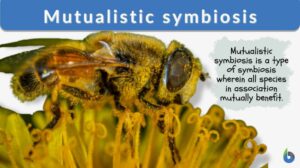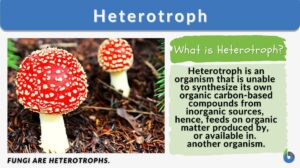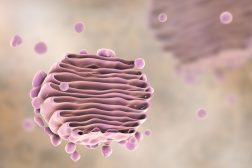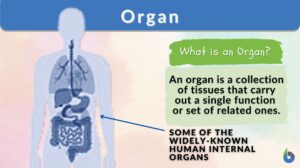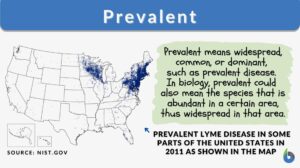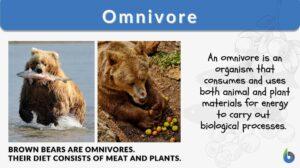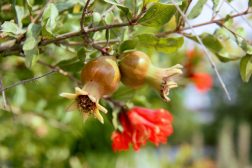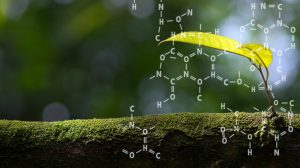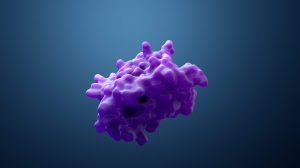Search Results for: variety
Ecosystem diversity
Ecosystem Diversity Definition What is ecosystem diversity? Ecosystem diversity deals with the study of different... Read More
Adipose tissue
Adipose Tissue Definition Adipose tissue, a specialized variety of connective tissue, is composed of lipid-rich cells known... Read More
Sexual selection
What is Sexual Selection? The definition of sexual selection is very interesting in biological terms. The sexual selection... Read More
Mutualistic symbiosis
Mutualistic Symbiosis Definition In order to understand what a mutualistic symbiotic relationship means, we will break down... Read More
Cell adhesion
Cell Adhesion Definition Cell adhesion is the process in which a cell uses a specialized complex of proteins to get... Read More
Fibroblast
The building block of living things is known as the cell. The cell contributes to many parts and functions of different... Read More
Parasitism
Organisms depend on different sources of food to survive. Larger organisms like plants make their own food (autotrophs) and... Read More
Heterotroph
Heterotroph Definition What is a heterotroph? Does a heterotroph make its own food? In biology and ecology, a heterotroph... Read More
Disruptive Selection
An evolutionary process known as disruptive selection (or disruptive natural selection) causes a population to become... Read More
Role of Golgi Apparatus & Endoplasmic Reticulum in Protein Synthesis
Continued from the previous tutorial that introduces protein synthesis... mRNA and tRNA mRNA leaves the nucleus and enters... Read More
Biodiversity
Biodiversity Lead Author: J. Emmett DuffyThis article has been reviewed and approved by the following Topic Editor: John... Read More
A Look Into Natural Selection and its Mechanisms
Charles Darwin is credited with outlining the fundamentals of evolution. He was a smart and eager pupil and protégé, and... Read More
Differentiation
Differentiation in biology is the process where less specialized cells undergo changes to develop specialized structures and... Read More
Crown of head
Crown of Head Definition The crown of the head is the upper dorsal part (or area) of the head. Several creatures have... Read More
Metabolism
Metabolism Definition What is metabolism in the body? Metabolism encompasses the various biochemical processes, reactions,... Read More
Conspecific
Biodiversity is divided into different hierarchical levels in order to study them in a systematic way. Whether it be a... Read More
Nucleic acid
Nucleic Acid Definition A nucleic acid refers to any of the group of complex compounds consisting of chains of monomers of... Read More
Cytokinesis
The cell cycle of eukaryotes is a cyclical series of biological events that certain asexual cells go through. The cell cycle... Read More
Angiosperm
Angiosperms Definition What is an angiosperm? An angiosperm is a plant that produces flowers. The angiosperms, also... Read More
Reproductive system
What is the Reproductive System? The reproductive system of an organism is the biological system made up of all the... Read More
Feedback mechanism
Feedback Mechanism Definition What is a feedback mechanism? A feedback mechanism is a physiological regulation system in a... Read More
Balanced diet
What is a balanced diet? What is the definition of a balanced diet? A nutritionally balanced diet fulfills all nutritional... Read More
Fruits, Flowers, and Seeds
Flowering plants grow in a wide variety of habitats and environments. They can go from germination of a seed to a mature... Read More
Effect of Chemicals on Growth & Development in Organisms
Plants Plants require a large number of elements to function properly, mainly carbon, oxygen, and hydrogen, essentially... Read More
Protein Variety
The sequence of amino acids determines which type of protein it is. It is synthesized from a DNA strand, each DNA strand... Read More
Petrified Wood : The World of Fossilized Wood, Cones, Ferns, and Cycads
Petrified Wood : The World of Fossilized Wood, Cones, Ferns, and Cycads ... Read More






